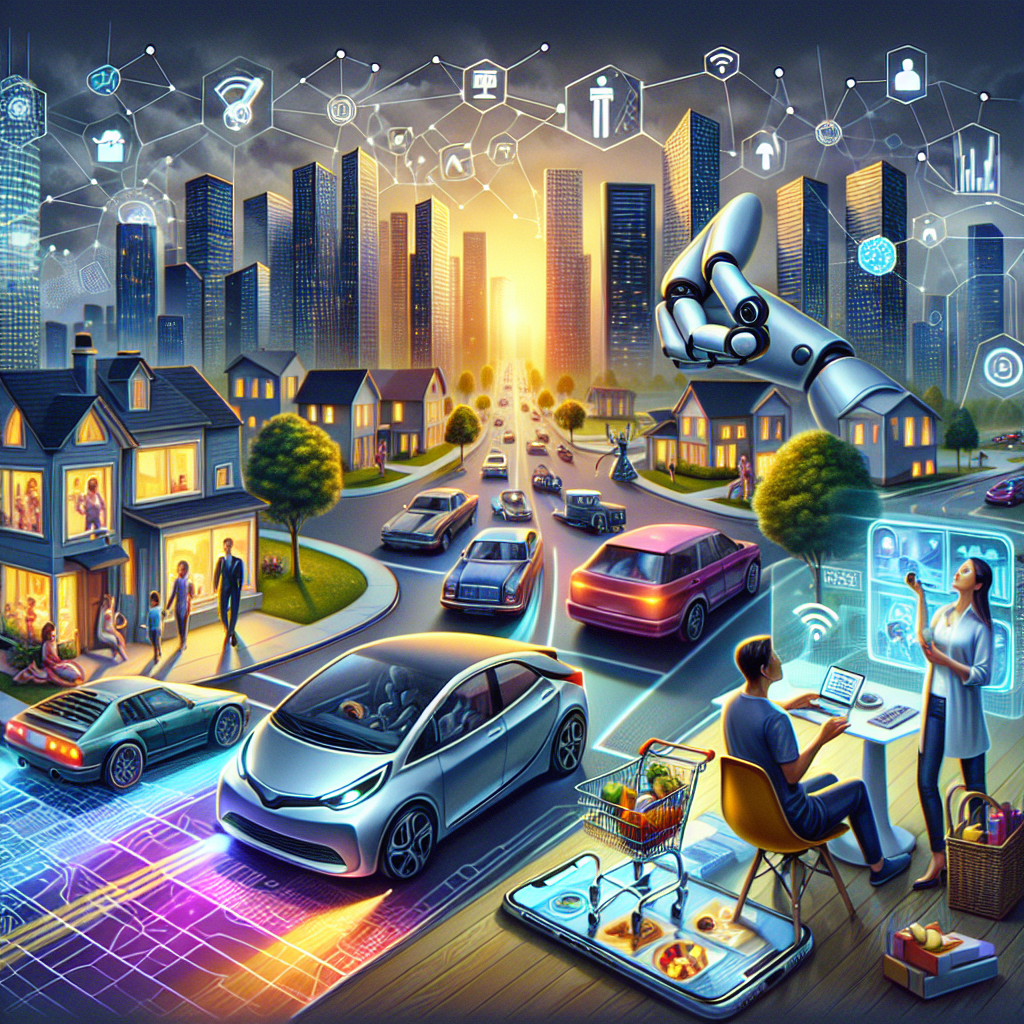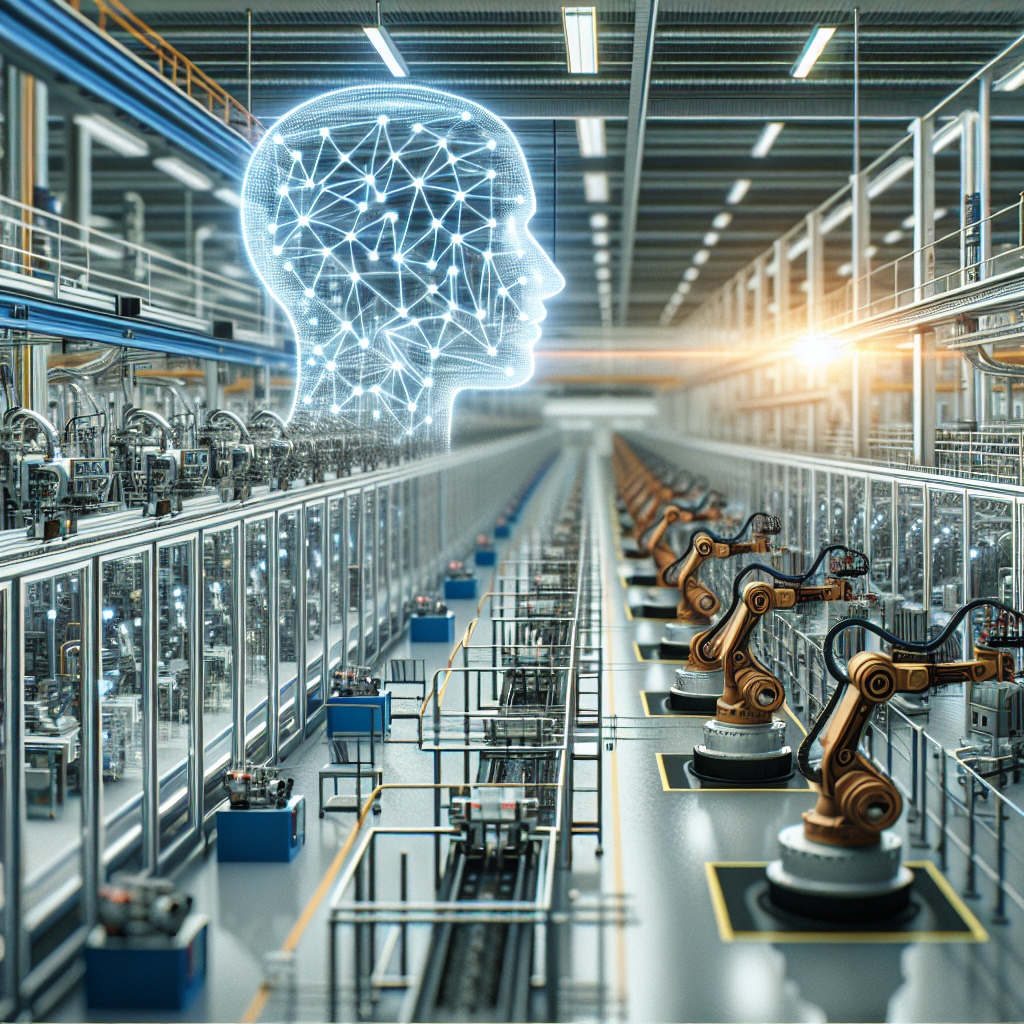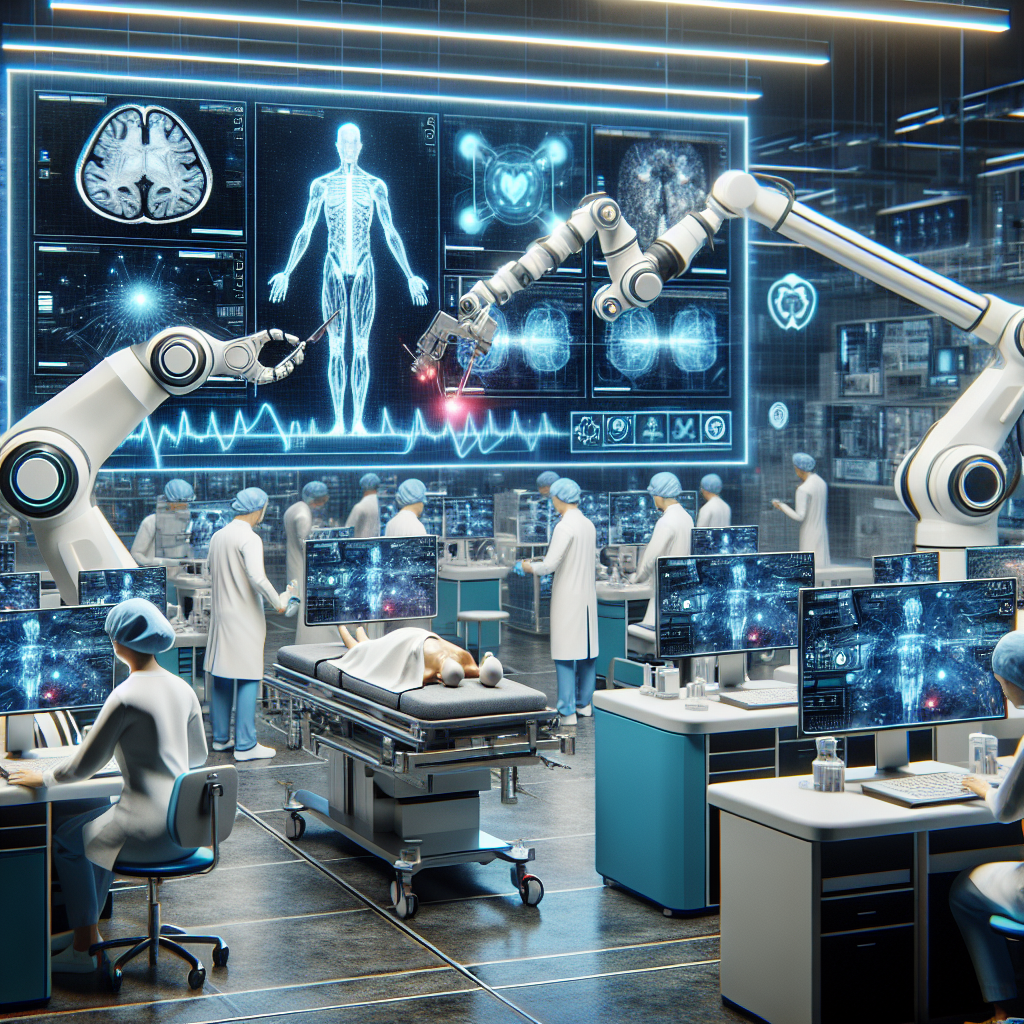Introduction to AI Trends Revolutionizing Daily Life
In recent years, AI trends have dramatically transformed the way we live, work, and interact with technology. Breakthroughs in artificial intelligence are no longer confined to research labs; they are integral to everyday experiences, reshaping industries and personal routines alike. From intelligent personal assistants to advanced healthcare diagnostics, AI trends are driving innovations that enhance convenience, efficiency, and accessibility in daily life. This article explores the most significant AI breakthroughs revolutionizing daily life today and offers insights into how these AI trends are shaping our future.
Understanding AI Trends That Impact Daily Life
AI trends encompass cutting-edge developments and widespread adoption of artificial intelligence technologies that influence various aspects of human activity. These trends include advancements in machine learning, natural language processing, computer vision, and robotics. As AI systems become more capable and affordable, they permeate multiple sectors such as healthcare, transportation, home automation, entertainment, and education. Grasping current AI trends provides valuable context for appreciating how these technologies revolutionize daily life at individual and societal levels.
AI Trends in Smart Home Technology
One of the most visible implementations of AI trends is in smart home systems. AI-powered devices such as voice-activated assistants, smart thermostats, intelligent security cameras, and connected appliances enhance comfort, security, and energy management. For example, AI trends in voice recognition enable devices like Amazon Alexa, Google Assistant, and Apple Siri to understand and respond to complex commands, facilitating hands-free control over lighting, music, reminders, and even grocery shopping. Furthermore, AI algorithms learn user preferences over time, optimizing home environments dynamically to reduce energy waste and improve convenience.
Healthcare Advances Driven by AI Trends
AI breakthroughs are revolutionizing healthcare by enabling faster, more accurate diagnosis, personalized treatment plans, and proactive health monitoring. Machine learning models process vast medical datasets to detect patterns and predict outcomes, supporting physicians in making informed decisions. AI trends such as telemedicine chatbots and wearable health trackers empower individuals to manage their wellness proactively, offering reminders for medication, alerts for abnormal vital signs, and customized fitness recommendations. These AI-driven solutions improve accessibility to healthcare and reduce costs without sacrificing quality or patient outcomes.
AI Trends in Transportation and Mobility
The transportation sector is undergoing significant changes fueled by AI trends. Autonomous vehicles leverage breakthroughs in AI perception and decision-making to navigate complex environments with minimal human input. This technology promises to improve road safety, reduce traffic congestion, and provide mobility for individuals unable to drive. Additionally, AI algorithms optimize traffic flow by analyzing real-time data, enabling smarter city planning and reducing commute times. Ride-sharing apps also use AI trends to match passengers efficiently with drivers, enhancing convenience and reducing environmental impact.
AI-Powered Personal Assistants and Productivity Tools
Modern AI trends enable the development of sophisticated personal assistants and productivity tools that streamline daily tasks. AI-driven calendar management, email filtering, and task prioritization reduce cognitive load, helping users focus on high-impact activities. Natural language processing capabilities allow chatbots to handle customer service inquiries, schedule appointments, or facilitate project collaboration. These AI tools learn from user interactions to provide personalized suggestions, improving efficiency and decision-making in professional and personal contexts.
Educational Innovations Through AI Trends
AI trends are reshaping education by personalizing learning experiences and offering adaptive teaching materials. Intelligent tutoring systems analyze student performance and tailor curriculum content to individual strengths and weaknesses. Virtual classrooms powered by AI enable interactive and immersive learning environments, making education more accessible worldwide. Additionally, AI-driven language translation and speech recognition tools support learners in overcoming linguistic barriers, fostering inclusivity and global collaboration.
Ethical Considerations in AI Trends
While AI breakthroughs offer tremendous benefits, the rapid evolution of AI trends also raises ethical questions about privacy, bias, and accountability. Developers and policymakers must address these concerns by implementing transparent algorithms, ensuring data security, and promoting fairness in AI applications. Awareness of these ethical dimensions is essential for responsibly integrating AI technologies into daily life and maximizing their positive impact.
Future Outlook: Emerging AI Trends to Watch
Looking ahead, several emerging AI trends promise to further revolutionize daily life. Advances in explainable AI will increase transparency and trust in automated systems. AI-powered augmented reality applications will enhance how we visualize and interact with both digital and physical environments. Additionally, continued progress in AI-driven creativity will open new horizons in art, music, and content generation. Staying informed about these evolving AI trends allows individuals and organizations to harness technology effectively and ethically.
Conclusion: Embracing AI Trends for a Better Daily Life
AI breakthroughs and current AI trends are transforming daily life in profound and practical ways. From smart homes and healthcare to transportation and education, AI technologies are improving convenience, safety, and personalization. Understanding these AI trends equips us to better navigate the opportunities and challenges posed by artificial intelligence. By embracing responsible innovation and ethical considerations, we can harness AI breakthroughs to create a smarter, more connected, and more efficient world.
URL slug: ai-trends-breakthroughs-revolutionizing-daily-life


